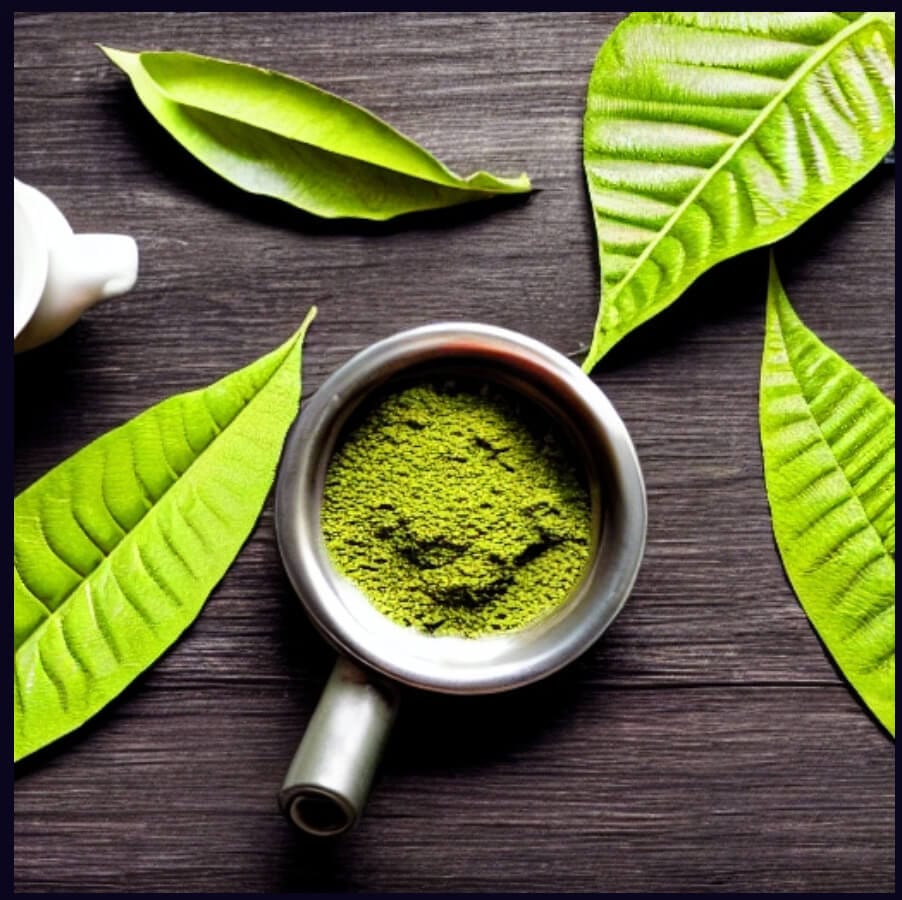IS KRATOM LEGAL?
Update January 2022, information on the state of kratom legislation in the USA up to that point. Please note that developments may have occurred since then, and it’s essential to verify the latest information.

Kratom, a tropical plant native to Southeast Asia, has gained popularity in the United States in recent years for its alleged therapeutic properties. However, its legality has been a subject of debate and regulatory scrutiny. This article explores the evolving landscape of kratom legislation in the USA, examining the history, current status, and potential future developments.
Historical Context for Kratom
Kratom, scientifically known as Mitragyna speciosa, has been used traditionally in Southeast Asia for centuries. In the USA, it gained traction as an herbal supplement, with users claiming benefits such as pain relief, mood enhancement, and assistance with opioid withdrawal.
Early Regulation of Kratom
Kratom was initially sold as a dietary supplement, allowing it to enter the market without the rigorous testing and approval processes required for pharmaceutical drugs. However, concerns about its safety and potential for abuse led to regulatory attention at both federal and state levels.
DEA Attempted Scheduling Kratom
In 2016, the U.S. Drug Enforcement Administration (DEA) announced its intent to classify two of kratom’s active compounds as Schedule I substances, effectively placing them in the same category as drugs like heroin and LSD. This move was met with public outcry, leading to a withdrawal of the proposal. Is kratom legal? We will fight to keep it that way was the public outcry.
State-level Regulations for Kratom
Individual states have taken various approaches to kratom regulation, with some banning it outright, others regulating it as a controlled substance, and some allowing unrestricted sale. States like Alabama, Arkansas, Indiana, Rhode Island, Vermont, and Wisconsin have banned kratom, while others have imposed age restrictions or labeling requirements.

FDA Concerns on Kratom
The Food and Drug Administration (FDA) has expressed concerns about the safety of kratom, citing potential risks such as liver damage, addiction, and even deaths associated with its use. The lack of standardized production practices and varying product quality contribute to these concerns.
Advocacy and Public Response for Kratom
Kratom advocates argue that the plant has legitimate medicinal uses and can serve as an alternative to opioids for managing chronic pain. They often emphasize the importance of responsible use and quality control measures within the industry. Public petitions and grassroots efforts have emerged to oppose restrictive regulations.
Current Federal Status of Kratom
Is kratom legal? As of early 2022, kratom remains legal at the federal level, but it is not regulated by the FDA. The agency has issued import alerts and recalls for certain kratom products found to be contaminated with salmonella or exhibiting other safety concerns.
The Kratom Consumer Protection Act
Several states have introduced or passed the Kratom Consumer Protection Act (KCPA), which aims to regulate and standardize the sale of kratom products. This legislation includes provisions for product testing, labeling requirements, and age restrictions, with the goal of ensuring consumer safety.
Ongoing Research and Challenges
The scientific community continues to study kratom to better understand its pharmacology, potential risks, and therapeutic benefits. However, the lack of comprehensive research makes it challenging to establish a clear consensus on the substance’s safety and efficacy.
Is kratom Legal? The regulatory landscape of kratom in the USA is complex and varies from state to state. While federal authorities have not banned the substance, concerns about its safety persist. Advocates and opponents continue to engage in discussions, and legislative efforts, such as the KCPA, reflect attempts to strike a balance between ensuring public safety and preserving access to kratom for those who believe in its therapeutic value. As the conversation evolves, monitoring legislative developments and scientific research will be crucial to understanding the future of kratom in the United States.
The Current State of Kratom Legislation in the USA
Is kratom legal? As of my last knowledge update in January 2022, the legal status of kratom varies from state to state in the United States. Please note that this information may have changed since then, and it’s essential to verify the current status as laws can evolve. Here is a general overview of the legal landscape for kratom in the USA:

States where Kratom is Currently Legal:
- Alabama: Kratom is illegal.
- Arkansas: Kratom is illegal.
- Indiana: Kratom is illegal.
- Rhode Island: Kratom is illegal.
- Vermont: Kratom is illegal.
- Wisconsin: Kratom is illegal.
States with Age Restrictions on Kratom:
- California: Kratom is legal for individuals over 18 years old.
- New Hampshire: Kratom is legal for individuals over 18 years old.
Is kratom legal?
States with No Restrictions to buy Kratom:
- Alaska
- Arizona
- Colorado
- Connecticut
- Delaware
- Florida
- Georgia
- Hawaii
- Idaho
- Illinois
- Iowa
- Kansas
- Kentucky
- Louisiana
- Maine
- Maryland
- Massachusetts
- Michigan
- Minnesota
- Mississippi
- Missouri
- Montana
- Nebraska
- Nevada
- New Jersey
- New Mexico
- New York
- North Carolina
- North Dakota
- Ohio
- Oklahoma
- Oregon
- Pennsylvania
- South Carolina
- South Dakota
- Tennessee
- Texas
- Utah
- Virginia
- Washington
- West Virginia
- Wyoming
It’s crucial to check for any recent legislative changes or updates, as kratom laws are subject to modification. Additionally, local regulations within each state or city may also impact the legality of kratom in specific areas. Always consult with up-to-date sources or legal professionals for the most accurate information on kratom regulations in your location.
For other herbs, check out the online farmers markets.
